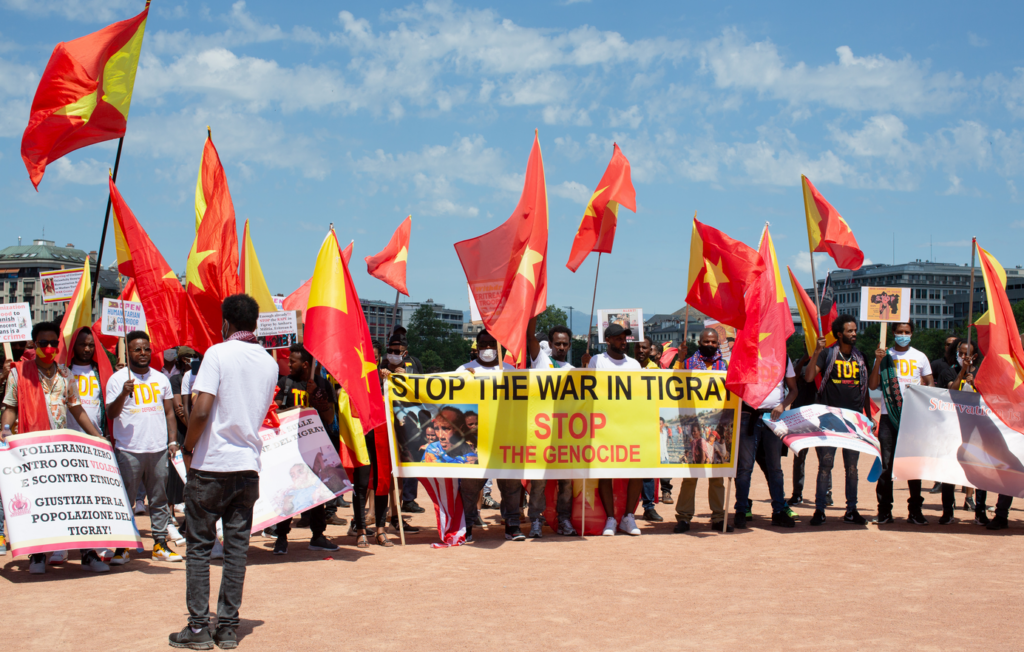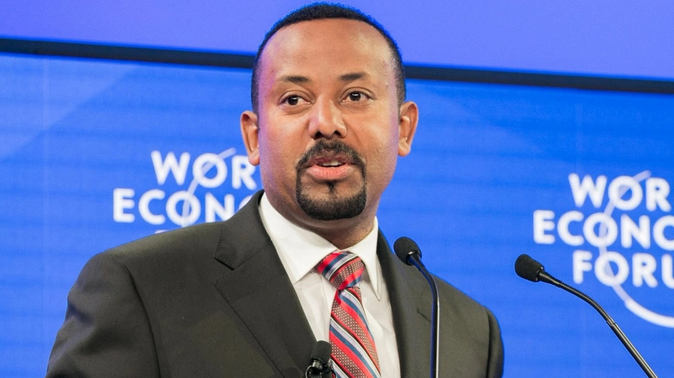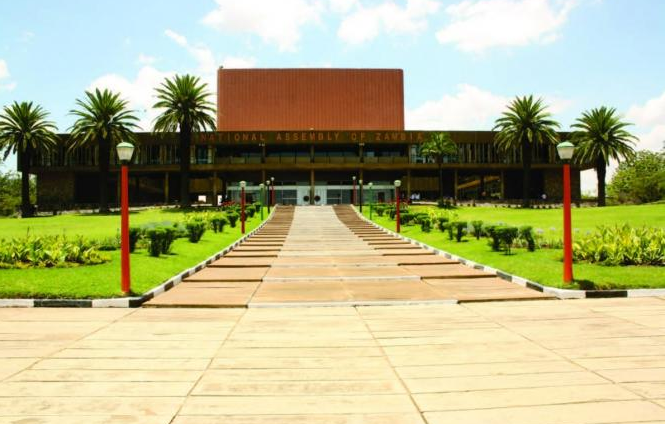By Semafor Africa
Photos: Semafor Africa\Wikimedia Commons
The United States’ decision to renew sanctions against Ethiopia is a blow to Prime Minister Abiy Ahmed’s attempt to repair the relationship between the countries.
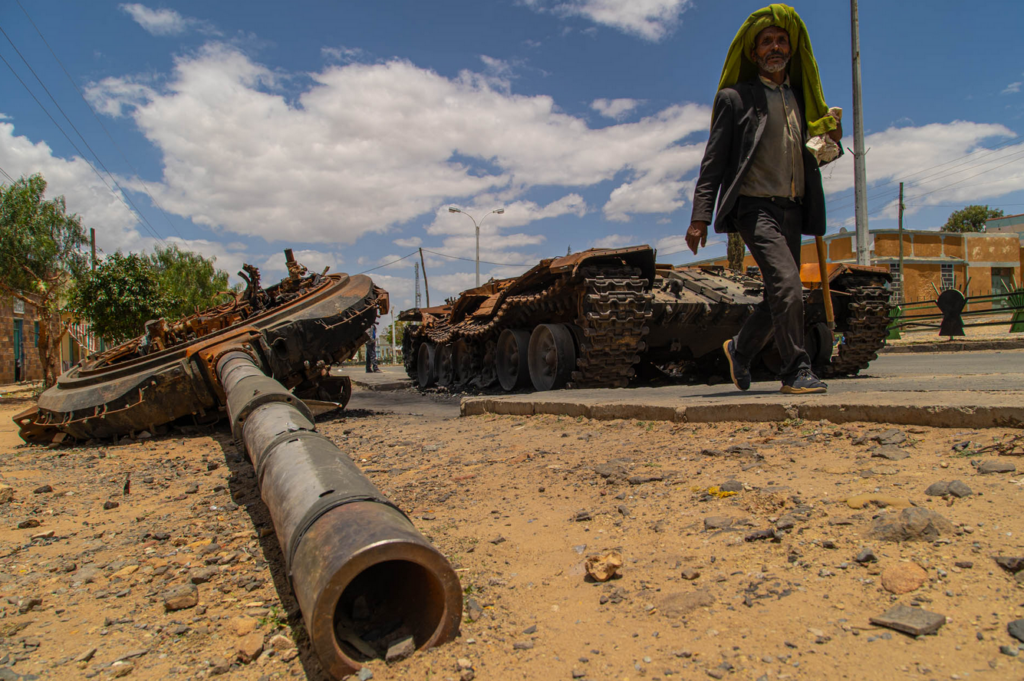
The sanctions were first rolled out due to the two-year war in the northern Tigray region. The measures targeted individuals involved in the war, which officially ended in November 2022. Washington announced the renewal late last week.
Abiy has sought to improve his government’s image overseas since the end of the conflict, though fighting has spilled over to the Amhara and Oromia regions.
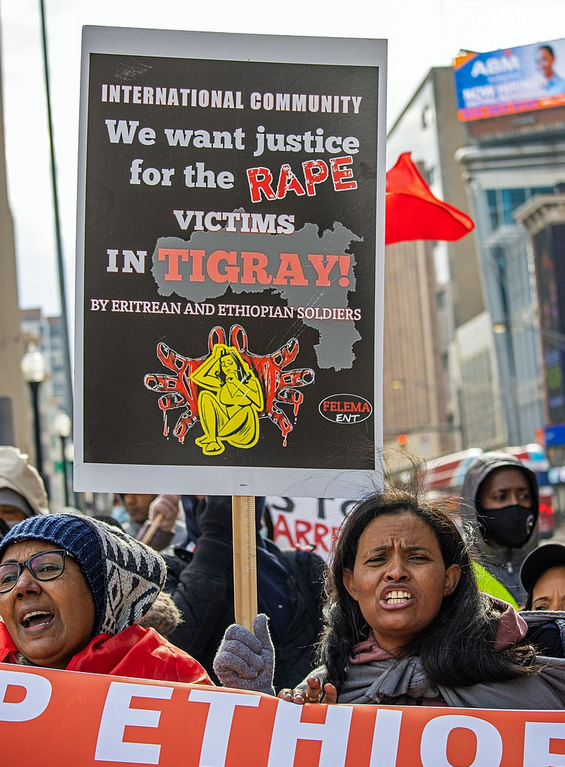
The decision to extend the sanctions, first introduced in 2021, will hurt Abiy’s standing internationally, says Cameron Hudson, a senior fellow at the Center for the Strategic and International Studies think tank in Washington. “The real impact of these sanctions is the reputational harm it does,” he said. “It’s a strong counter-narrative to the vision that Abiy is trying to project to the world, and in particular the investment community.”
The Biden administration in 2022 also suspended Ethiopia from the Africa Growth & Opportunities Act. The program offers favorable trade terms with the US, which previously helped Ethiopia lure foreign investment to its once burgeoning industrial parks.
The renewal comes just weeks after Ethiopia’s government floated its birr currency in order to secure loans from the International Monetary Fund and the World Bank.
— Samuel Getachew in Addis Ababa
